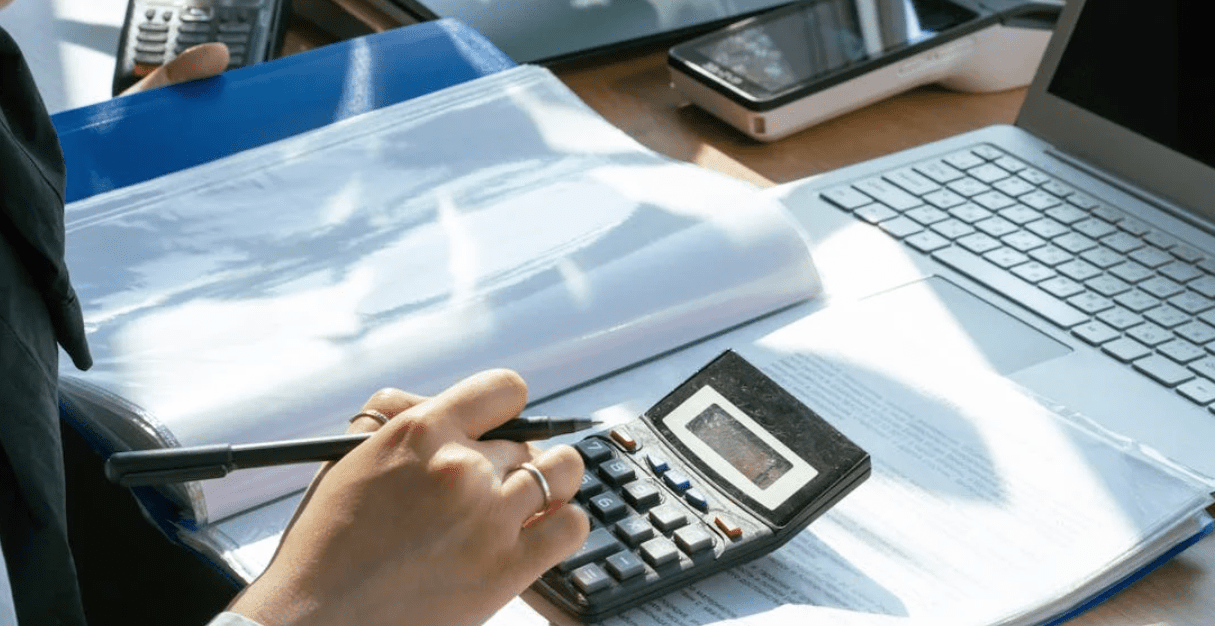Essential Components of a Lease Ledger
Essential Components of a Lease Ledger
Blog Article
Efficient property management is all about more than just collecting rent; it requires firm, precision, and transparency. For Lease Ledger house owners and managers, lease ledgers are essential instruments that simplify the economic facets of house management. Whether you manage just one unit or perhaps a portfolio of homes, listed here is why leveraging a lease ledger may gain both you and your tenants.

What is a Lease Ledger?
A lease ledger is a financial tool that records all transactions linked to a lease agreement. Including book payments, late expenses, maintenance fees, and different financial interactions between landlords and tenants. It functions as an structured, itemized record that assists remove distress and ensures economic clarity.
The Benefits of Employing a Lease Ledger
1. Increased Economic Visibility
A lease ledger has an easy to get at, detailed history of all monetary transactions. That openness reassures tenants that expenses and obligations are correctly noted, while property managers get a definite understanding of each account's standing.
Statistic: Reports show that 60% of tenant disputes base from unclear accounting. Available ledgers reduce the likelihood of such issues by raising confidence and clarity.
2. Basic Lease Variety
Lease ledgers improve lease variety by giving a clear outline of due dates, incomplete obligations, and late balances. Automated electronic methods can also integrate pointers for tenants, reducing the full time managers require to pay chasing late payments.
3. Structured Confirming and Tax Preparation
Handling numerous attributes may make economic reporting difficult, particularly throughout tax season. By sustaining an entire record of revenue and costs, lease ledgers ensure it is easier to prepare knowledge for confirming applications, saving property managers countless hours.
Understanding: Research shows that step by step financial records can minimize tax problems by 30%, preventing unwanted audits or penalties.
4. Simpler Challenge Decision
Disagreements around overlooked payments or costs are normal in property management. A lease ledger functions as an impartial log, providing evidence to rapidly handle disputes without relying on memory or unverified receipts.

5. Forecasting and Preparing
Lease ledgers give important ideas in to tenant cost behavior and cash movement, allowing property managers to outlook potential revenue and expenses. These insights produce preparing for urgent repairs or long-term changes more predictable.
Fact: Data-driven ideas can improve source allocation performance by around 40%, creating better outcomes for landlords and tenants alike.
Why Every House Supervisor Needs a Lease Ledger
From reducing tenant disputes to simplifying tax preparations, a lease ledger is an integrated part of contemporary property administration solutions. By sustaining a definite and accurate report of lease-related finances, property managers may build trust with tenants, improve working efficiency, and remain on top of their money flow. Report this page